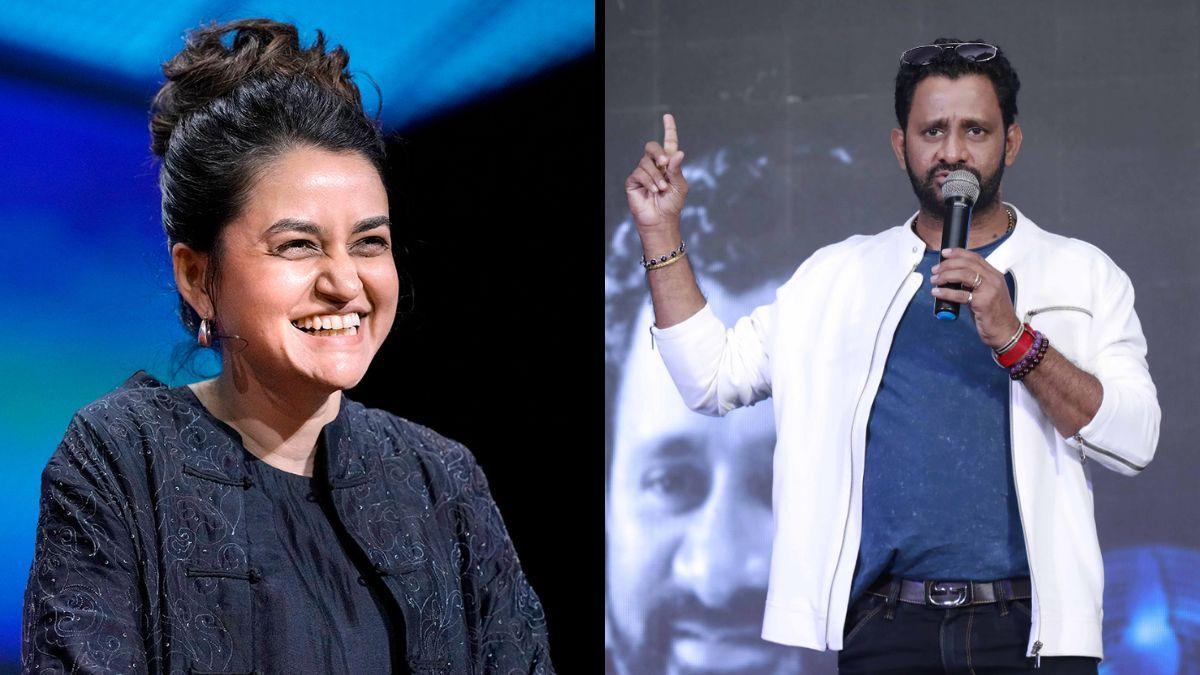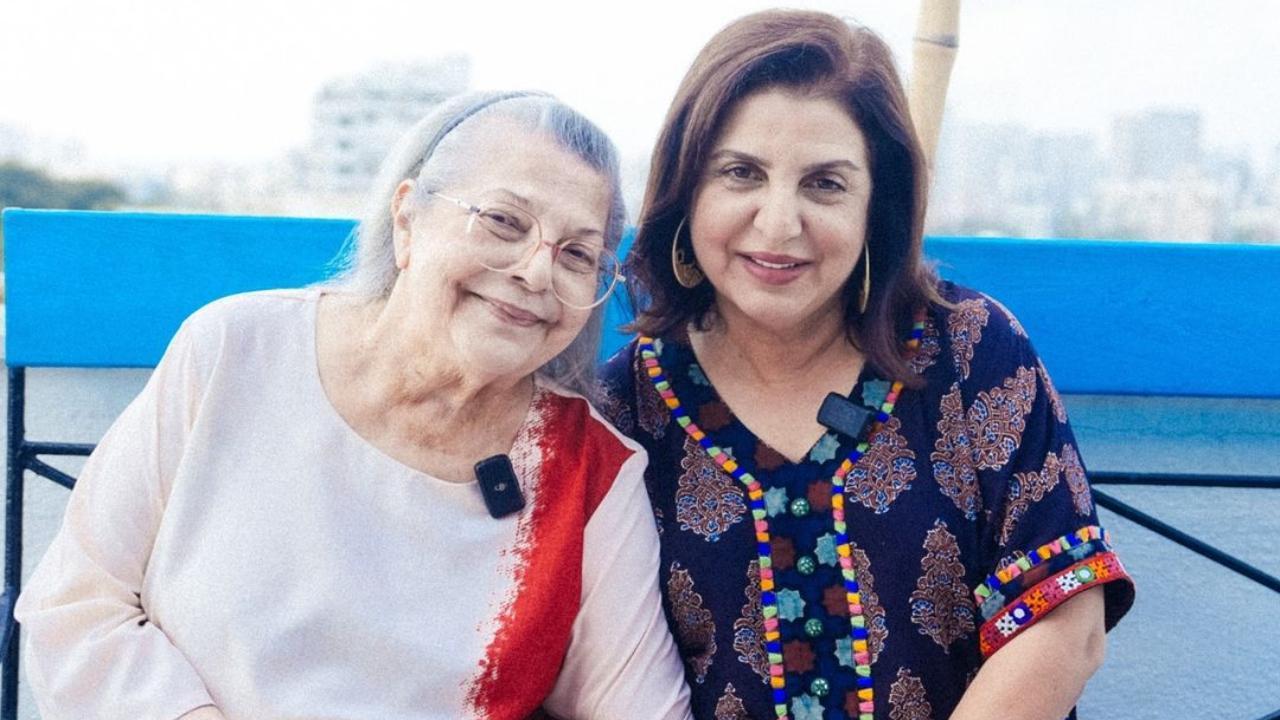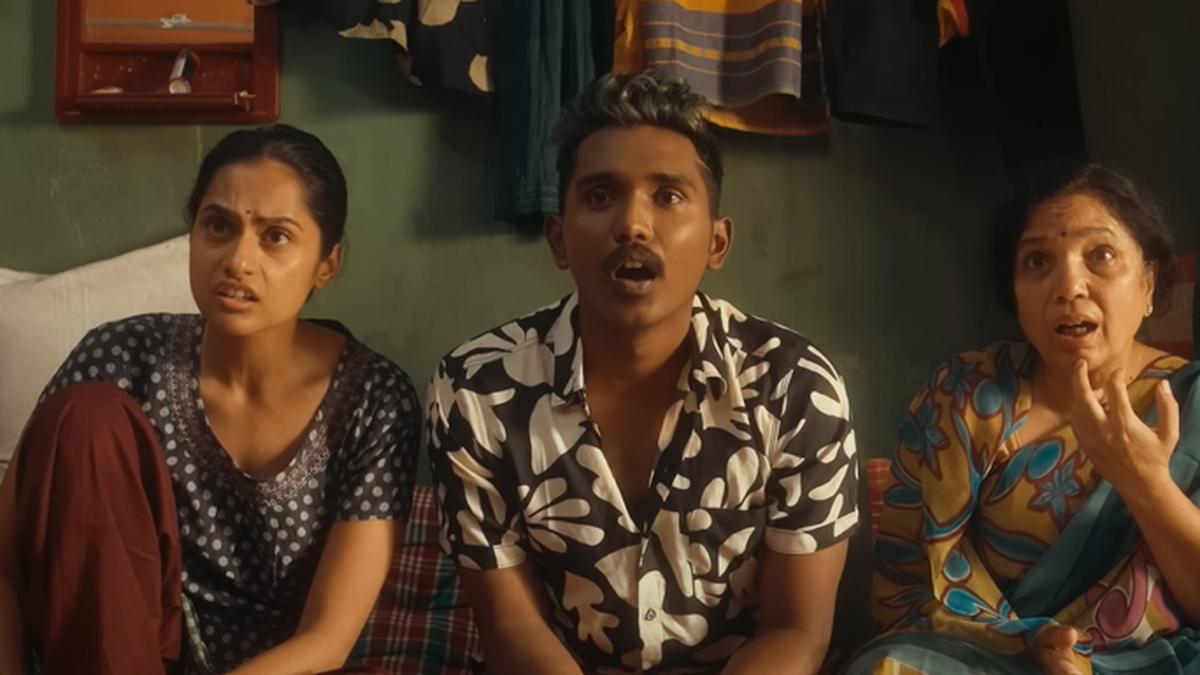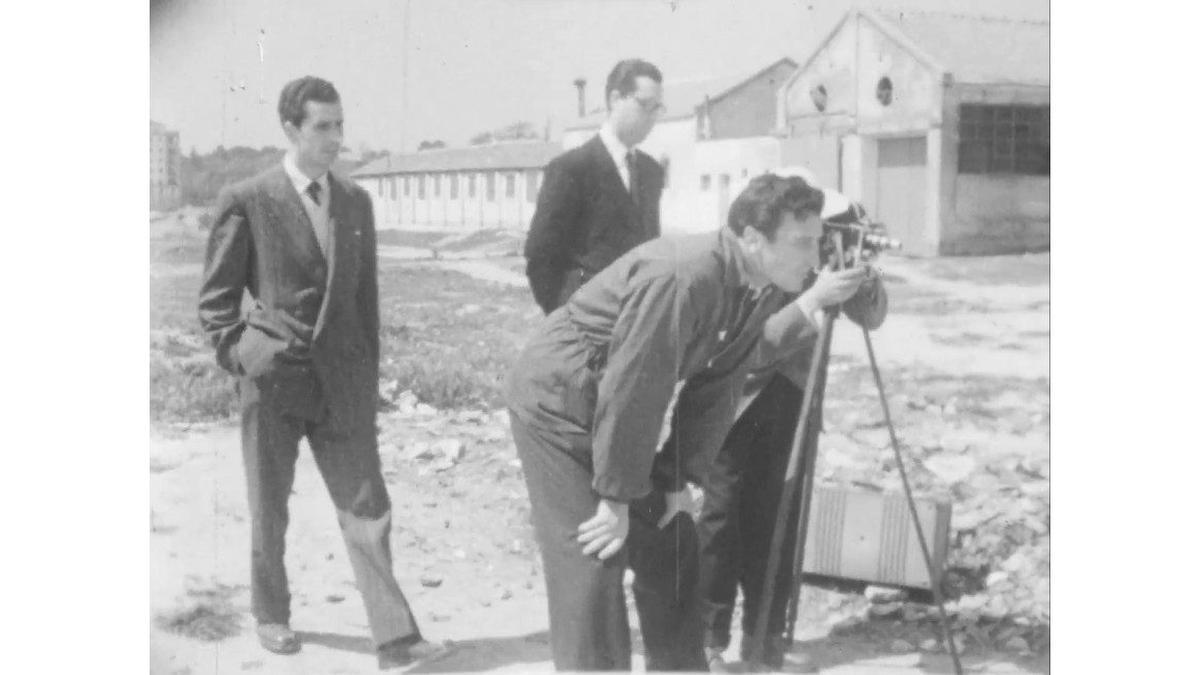
Indian cinema has once again ascended to the global stage, with Payal Kapadia’s film “All We Imagine as Light” clinching the prestigious Grand Prix at the 2024 Cannes Film Festival. This monumental achievement is the first for an Indian film in three decades and portrays the compelling stories of two Kerala nurses navigating their lives in contemporary Mumbai. The film features an impressive cast, including Kani Kusruti, Divya Prabha, and Chhaya Kadam.
On Sunday, Resul Pookutty, the Oscar-winning sound designer best known for his work on “Slumdog Millionaire,” expressed his thoughts in a contemplative Facebook post. Reflecting on Kapadia’s victory, Pookutty extolled the significance of the Film and Television Institute of India (FTII) in shaping talents like Kapadia. He emphasized that this win was not just a personal victory for Kapadia but a testament to the collective perseverance and dedication of FTII alumni.
Pookutty took this moment to highlight the broader implications of her success. He noted the stark lack of support from the mainstream Indian film industry and official government delegations that are typically sent to Cannes. “What makes Payal’s win so important? Not just that she is from FTII, but she represents a group of people and student enthusiasts who come from various corners of India and commit themselves to a life of struggle,” he wrote.
He delved into the unique struggles faced by students at institutions like FTII and the Satyajit Ray Film & Television Institute (SRFTI), who often choose a life of artistic struggle over conventional career paths. “When you study at an IIM, IIT, or AIIMS, you become managers of multinational corporations, engineers, and doctors. But when you sign up to study at FTII or SRFTII, you become a struggler,” Pookutty noted.
Pookutty painted a vivid picture of FTII, describing it as a “sleepy institute with long hanging roots of the trees and the black road that winds up like a snake from the main gate to the main theatre.” This institution, he said, is where the history of Indian cinema sleeps, and from which many generations have drawn inspiration. He emphasized that every student who studied there nurtured a point of view that many governments saw as anti-establishment.
The sound designer also underscored the fact that the mainstream film industry had little to do with Kapadia’s historic win at Cannes.
. “The only reason they won is not because we had inspiring teachers, though there were some. The true reason for this national glory is all the inspiring films we saw at FTII and the atmosphere of that place, which was nurtured by brilliant artists from around the world who visited and left their energies,” he wrote.
Pookutty made an earnest plea to those in power, urging them to preserve the unique atmosphere that has taken generations to nurture. He expressed hope for many more talents like Payal Kapadia to emerge from FTII and similar institutions. “My only request is, whoever or whatever or whichever dispensation is at the helm of affairs, do not destroy that atmosphere. There are many more Payals, Chidanands, Santhosh Sivans, and Shaji Karuns who will come out and show us a mirror that reflects us as a true society where originality, logic, and scientific temperament are celebrated. Let us create sovereign minds; that will be a true celebration of cinema and life,” he concluded.
The social media post was positively teeming with pride for FTII, which celebrated the extraordinary achievements of its alumni on this international stage. As Indian cinema witnessed a phenomenal year at the 77th Cannes Film Festival, FTII cherished this moment of glory, calling it a noteworthy milestone.
However, Pookutty ended his note on a sobering reminder of the ongoing legal battles Kapadia faces back home. As she returns from her Cannes triumph, she is set to face a court hearing next month related to her involvement in the 2015 FTII protests against the appointment of Gajendra Chauhan as chairman. Kapadia was a prominent leader during the historic 139-day protest, which opposed Chauhan’s appointment due to his perceived lack of qualifications. This protest had severe repercussions for Kapadia, including the revocation of her scholarship and the filing of an FIR against her.
Despite these challenges, Kapadia’s remarkable journey has been a testament to her resilience. Her 13-minute short film, “Afternoon Clouds,” was selected for the competition category at the 70th Cannes International Festival in 2017, prompting FTII to reverse its punitive actions and extend support for her travel to Cannes. With her latest film’s triumph, Kapadia’s journey underscores the indomitable spirit of Indian filmmakers who continue to leave their mark on the world stage.










